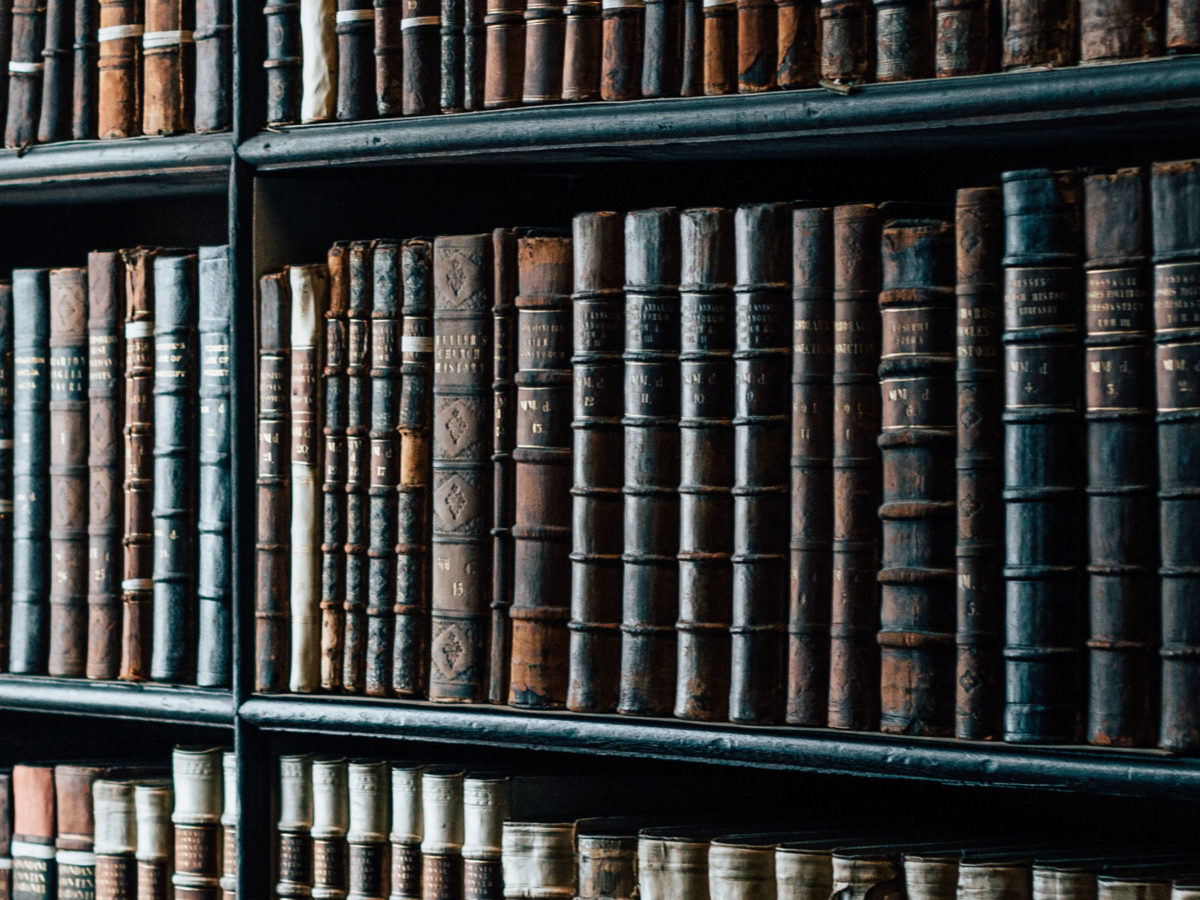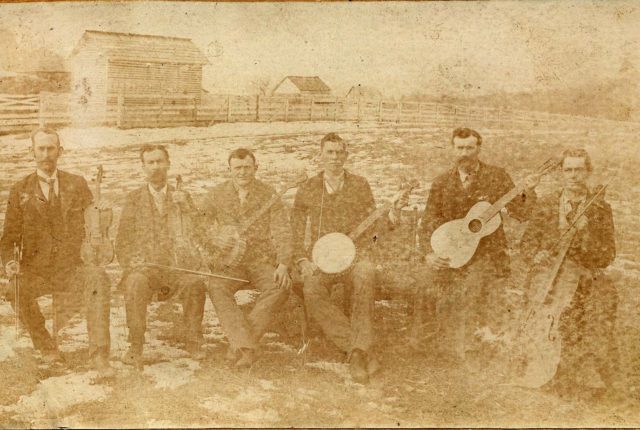The Warren Wilson College Archives was organized in 1968 under the presidency of Art Bannerman. The goal was, as it is today, to collect and preserve the historical materials about the college and its predecessor institutions: Asheville Farm School, the Asheville Normal and Teachers’ College, the Dorland-Bell School and the Mossop School. The records were first housed in Jensen Hall, and administered by volunteer Elsie Bender. She worked directly under the authority of the college president and with the guidance of an archives committee.
In 1985, the archives was moved from Jensen to the Martha Ellison Library, where a new wing included a separate archives area. In 1986, authority for the archives transferred from the college president to the library director. When the library was renovated and expanded in 1990s, the archives space increased by 40%; compact shelving allowed for more efficient use of the space.
As part of the renovation, the archives was rededicated on 8 October 1999 and named for Dr. Arthur S. Link, a renowned historian and trustee of the college. The new second room added to the archives was named to honor former library director Elizabeth Shepard (1973-1978) in November 1999.
Archivists who have served:
Elise Bender (volunteer): 1968-75, 1976-81
The Rev. Alcwyn L. Roberts (volunteer): 1975-76
Mary Dille & Martha Ellison (volunteers): 1981-86
Barbara Hempleman (First paid archivist): 1986-98
Dr. Linda Miles Coppens: 1998-2005
Diana Ruby Sanderson: 2005-2021
Dr. Jeff Keith: 2024-

